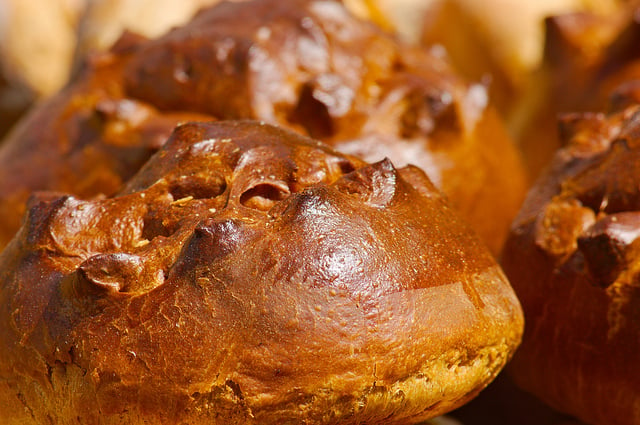Pitching is an essential part of the game that a start-up has to play to get funding and grow its business, but any ambitious French firm that tries to use the word itself it in its name may get a sharp letter from Brioche Pasquier, the French-owned international bakery business.
The company has sent letters to at least six French start-ups ordering them to remove the the word “pitch” from their titles, media reports said.
It believes that the trademark for one of its best-known products – a brioche called Pitch – is being infringed.
This slightly sweet bread roll with a chocolate bar in the middle was invented by one of the Pasquier family in 1986, and the firm claimed the rights to the name – a common word in English but not one found in French.
Since the creation of this delicacy, however, the word pitch has come to be used regularly by French people, particularly in the thrusting world of start-ups.
But Brioche Pasquier is apparently not at all pleased with this development.
The organiser of an event called Pitch in the Plane, another event called Pitch Parties, and a training organisation called L’Ecole du Pitch (The Pitch School), are among the entities that have been warned by Brioche Pasquier lawyers to drop the word or face the consequences.
“This pressure is grotesque,” Gael Duval, of Pitch in the Plane, told Le Figaro.
”Training for start-ups doesn’t overshadow a brioche,” he said, echoing other entrepreneurs' surprise and perplexity at why the baker should be so concerned about firms in entirely different sectors using the word.
Brioche Pasquier did not immediately comment when contacted by The Local.



 Please whitelist us to continue reading.
Please whitelist us to continue reading.